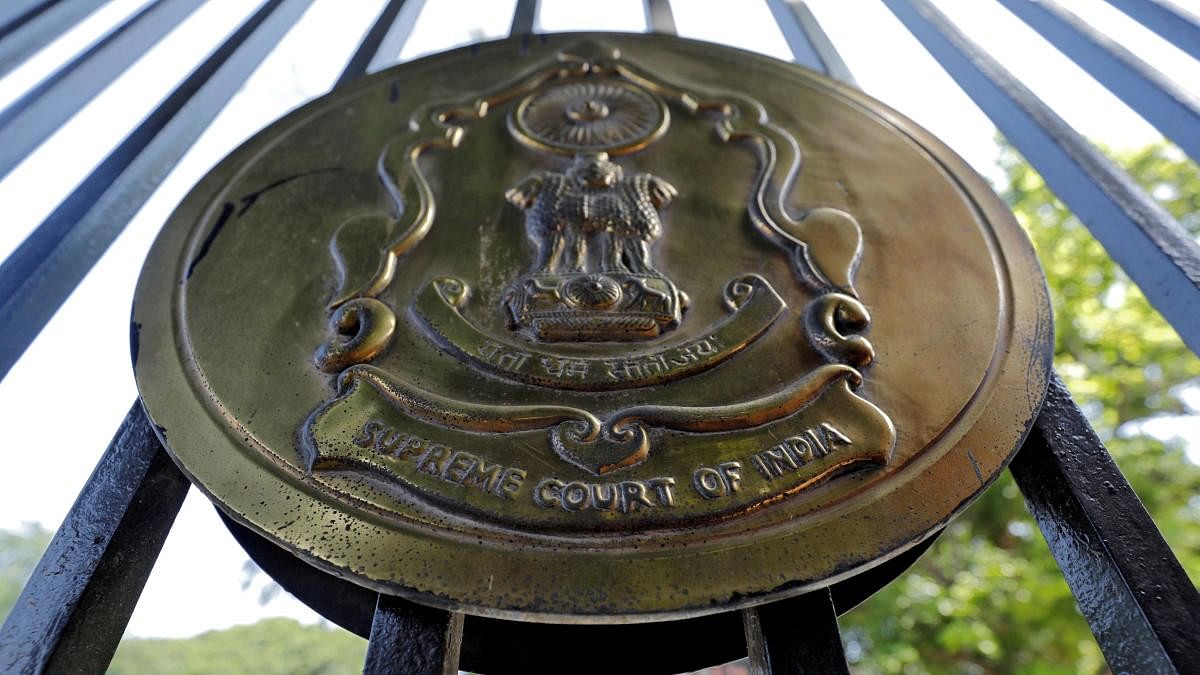
The High Court had directed the Tamil Nadu Public Service Commission to publish a revised selection list for the recruitment of 245 civil judges.
Credit: Reuters Photo
New Delhi: A group of aspirants to the post of civil judge in Tamil Nadu has approached the Supreme Court challenging the validity of the Madras High Court's February 27, 2024 order to cancel the provisional selection list published on February 16, 2024.
The High Court had directed the Tamil Nadu Public Service Commission to publish a revised selection list for the recruitment of 245 civil judges.
Of the total vacancies, 92 were carried forward and the rest 153 were regular vacancies.
However, the High Court found that top scorers were accommodated under the reserved category, and candidates who scored lesser marks were put under the general category, running counter to the reservation policy.
In the case, the petitioner B Varalakshmi and others through their counsel G Balaji and Jyotika Malhotra contended that TNPSC here correctly applied and interpreted Section 27 (f) of the Tamil Nadu Government Servants (Conditions of Service) Act, 2016 and Article 16(4B) of Constitution and published the provisional selection list, by filling up back log vacancies first, then the current year vacancies.
The petitioners contended the correct interpretation of Section 27 (f) of the Act, is the backlog vacancies are to be filled first. Thereafter, only the current year vacancy to be filled. Hence, the question of filling up of general turn vacancies, before filling up of backlog vacancies does not arise at all, they said.
"Because already the vacancies are carried forward to protect the interest of reserved community. In the current year vacancies also 69% reservation is clearly applied. Then what is the need to fill the General turn vacancies first, prior to backlog vacancies? In addition to that General Turn vacancies are also filled only by the meritorious candidates comprising all category candidates," they said.
The petitioners also stated if Section 27(f) is interpreted in such a way as held by the Supreme Court in State of Tamil Nadu Vs K Shobana (2021), by mixing up backlog vacancies with the current vacancies, the reservation will reach 80.4%, which is clearly impermissible in law.
They also submitted that the judgment of this court in K Shobana case is required to be re-considered by a larger bench. The interpretation of Section 27(f) of the Tamil Nadu Government Servants Conditions Act, 2016 by this court in Shobana's case is contrary to the plain meaning of Section 27 (f) as well as Article 16 (4B) of the Constitution, they said.
